Popular Cloud Computing Techniques
4.8 out of 5 based on 9578 votesLast updated on 26th Sep 2024 18.2K Views
- Bookmark

Explore popular cloud computing techniques like virtualization, containerization, microservices, and serverless architecture for efficient solutions.

Overview
Businesses use technology differently as a result of cloud computing. Instead of relying on physical servers and storage, companies are moving their operations to the cloud. This means using the internet to access and manage resources such as servers, storage, and applications. If you are interested in this exciting field, it might help to take a Cloud Computing Course Online. In this blog, we will explore some popular cloud computing technologies, explain what they are, and explain how you can benefit from them
What Are Cloud Computing Techniques?
Cloud computing techniques are methods and tools used to manage and use cloud resources effectively.
1. Virtualization
Virtualization is a technique that allows you to create virtual versions of physical resources, such as servers, storage, and networks. This means you can run multiple virtual machines (VMs) on a single physical server.
Why Virtualization is Important:
- Efficiency: It helps make the most out of physical hardware by allowing multiple virtual instances to run on a single machine.
- Flexibility: You can easily create, manage, and move virtual machines as needed.
- Cost Savings: Reduces the need for physical hardware, which can lower costs.
Types of Virtualization:
- Server Virtualization: Splits a physical server into several virtual servers.
- Storage Virtualization: Combines multiple physical storage devices into one virtual storage unit. This simplifies storage management and increases efficiency.
- Network Virtualization: Creates a virtual network that sits on top of the physical network. This improves network management and flexibility.
If you are looking to learn more about virtualization, a Cloud Computing Course Online can provide you with a thorough understanding of these concepts.
2. Containerization
A container is a single unit that contains an application and its dependencies. Unlike virtual machines, containers share the same operating system but remain isolated from each other.
Benefits of Containerization:
- Portability: Containers can run on any system that supports them, which makes it easier to move applications between different environments.
- Efficiency: Containers are lighter and use fewer resources compared to virtual machines because they share the host system’s resources.
- Consistency: Applications in containers run the same way regardless of where they are deployed, which helps reduce compatibility issues.
3. Serverless Computing
Applications can be built and run without managing underlying servers with serverless computing.
Advantages of Serverless Computing:
- Cost Efficiency: You only pay for the time your code runs, rather than paying for idle server time.
- Scalability: The cloud provider automatically scales your application based on demand. This means you don’t have to worry about provisioning or managing servers.
- Simplified Management: No need to manage or maintain servers, which lets you focus more on writing code.
Serverless computing is great for applications that respond to events or run as microservices. If you want to learn more about serverless computing, a Cloud Computing Course Online can be a valuable resource.
Also Read This:
Cloud Computing Courses for Beginners
Amazon Web Services in Cloud Computing
4. Cloud Storage Solutions
Cloud storage is a method of storing data on the internet instead of on physical devices. It offers scalable and secure storage that can be accessed from anywhere.
Types of Cloud Storage:
- Object Storage: Stores data as objects. It’s ideal for large amounts of unstructured data like photos, videos, or backups. Services like Amazon S3 are examples of object storage.
- Block Storage: Provides raw storage volumes for applications. It’s suitable for high-performance needs and is often used with databases and other applications that require fast access to data.
- File Storage: Offers a traditional file system structure. It’s useful for applications that need a hierarchical file system. Google Cloud Filestore is an example of file storage.
Understanding the different types of cloud storage can help you choose the right solution for your needs. Many Cloud Computing Online Courses cover these storage options in detail.
5. Cloud Networking
Cloud networking involves creating and managing virtual networks within a cloud environment.
Key Concepts in Cloud Networking:
- Virtual Private Cloud (VPC): A private network within the cloud that is isolated from other networks. It allows you to control IP address ranges, subnets, and route tables.
- Load Balancing: Distributes incoming traffic across multiple servers to maintain high availability and prevent any single server from becoming overloaded.
- Content Delivery Network (CDN): Caches and delivers content from servers that are geographically closer to users. This improves performance and reduces latency.
For those pursuing a Cloud Computing Certification, understanding cloud networking is crucial. Many Cloud Computing Online Courses include modules on these networking concepts.
Table: Comparison of Popular Cloud Providers
Feature | Amazon Web Services (AWS) | Microsoft Azure | Google Cloud Platform (GCP) |
Compute Services | EC2, Lambda | Virtual Machines, Azure Functions | Compute Engine, Cloud Functions |
Storage Services | S3, EBS, Glacier | Blob Storage, Disk Storage | Cloud Storage, Persistent Disks |
Networking Services | VPC, Route 53, CloudFront | Virtual Network, Traffic Manager | VPC, Cloud Load Balancing |
Certification Options | AWS Online Course, AWS Certified Solutions Architect | Microsoft Azure Online Course, Microsoft Certified: Azure Solutions Architect Expert | |
Training Resources | AWS Online Course, AWS Training and Certification | Microsoft Azure Online Course, Microsoft Learn | Google Cloud Training |
How to Get Started?
If you want to gain a deeper understanding of these techniques, enrolling in a Cloud Computing Course Online is a great way to start. These courses provide a structured learning path and practical experience in cloud computing.
- AWS Online Course: Focuses on Amazon Web Services, covering services like EC2, S3, and Lambda. It’s perfect if you want to learn about AWS’s cloud infrastructure.
- Microsoft Azure Online Course: It covers Microsoft Azure services, including Virtual Machines and Azure Functions. This course is ideal for those who want to work with Microsoft’s cloud platform.
- Salesforce Course Online: Provides training on Salesforce cloud solutions, useful for those interested in customer relationship management (CRM) and other business applications.
These courses can help you earn a Cloud Computing Certification, which is highly regarded in the industry and can enhance your job prospects. Completing these courses demonstrates your knowledge and skills in cloud computing, making you a more competitive candidate in the job market.
Sum up,
Cloud computing techniques like virtualization, containerization, serverless computing, cloud storage, and cloud networking are essential for managing and using cloud resources effectively. By enrolling in Cloud Computing Online Course and pursuing relevant certifications, you can build a strong foundation in these areas. Whether you choose an AWS, Microsoft Azure, DevOps Course online or a Salesforce Course, the skills and knowledge you gain will be invaluable in advancing your career in cloud computing. With these techniques and certifications, you’ll be well-equipped to navigate the evolving world of cloud technology and achieve your professional goals.
FAQs
Subscribe For Free Demo
Free Demo for Corporate & Online Trainings.
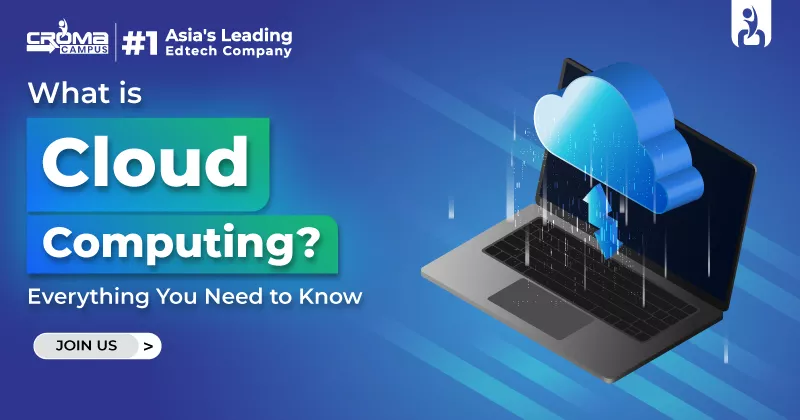

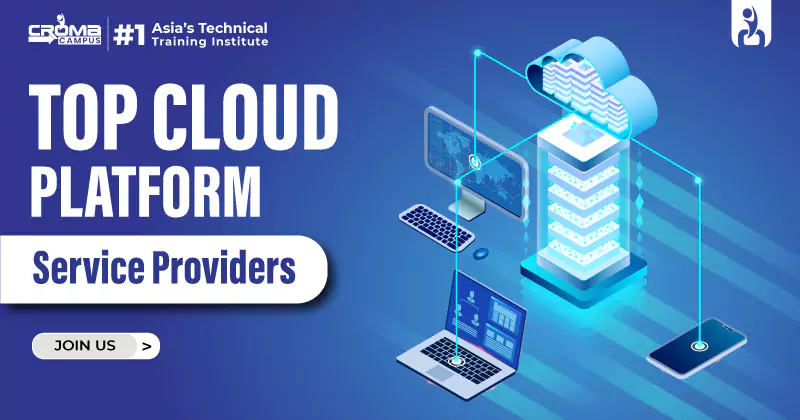

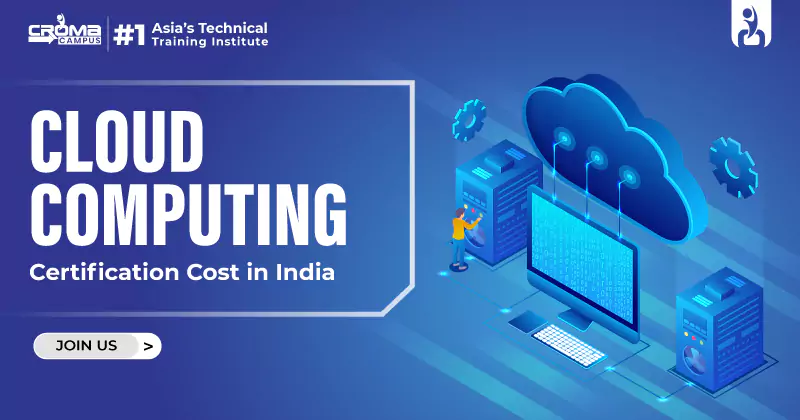
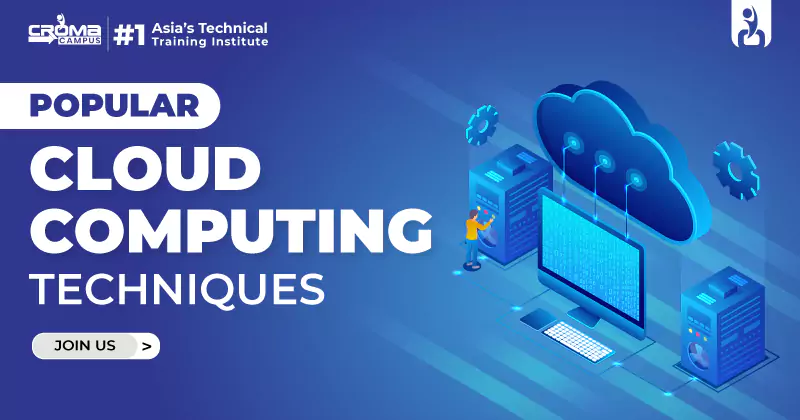
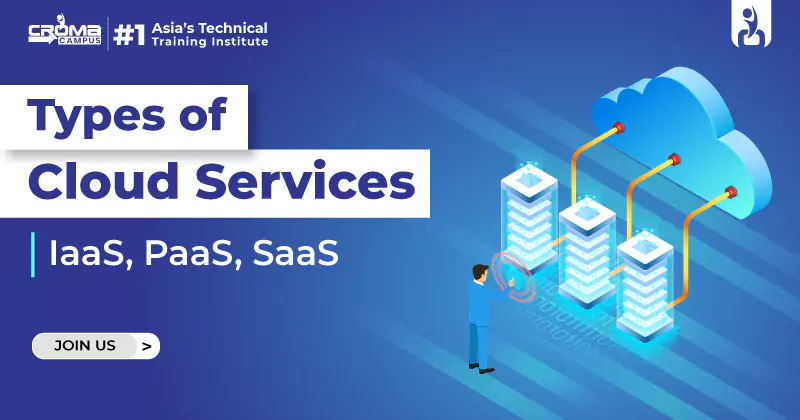
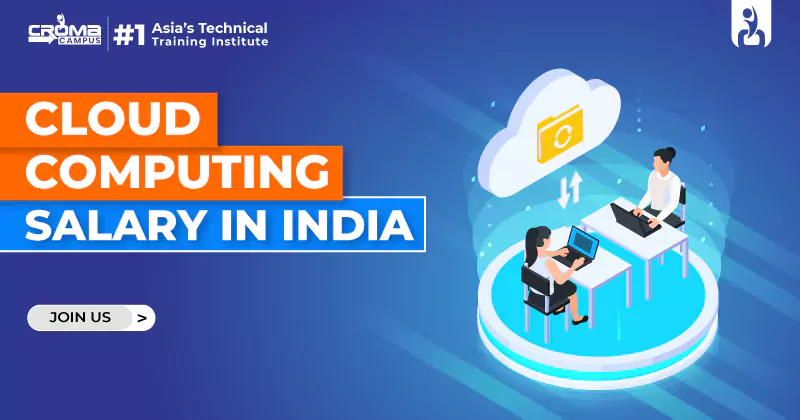
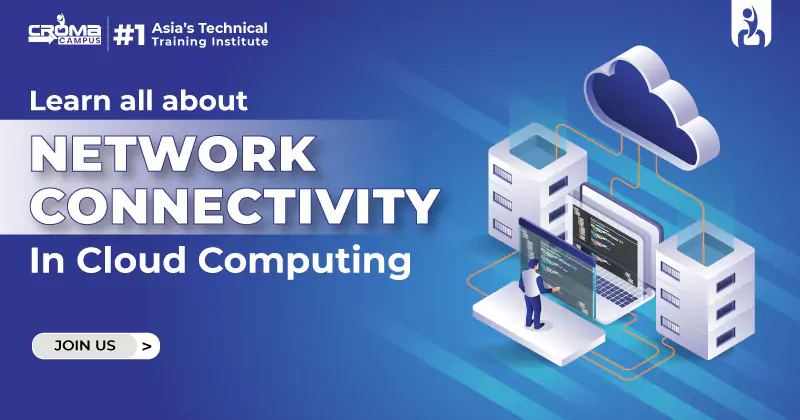
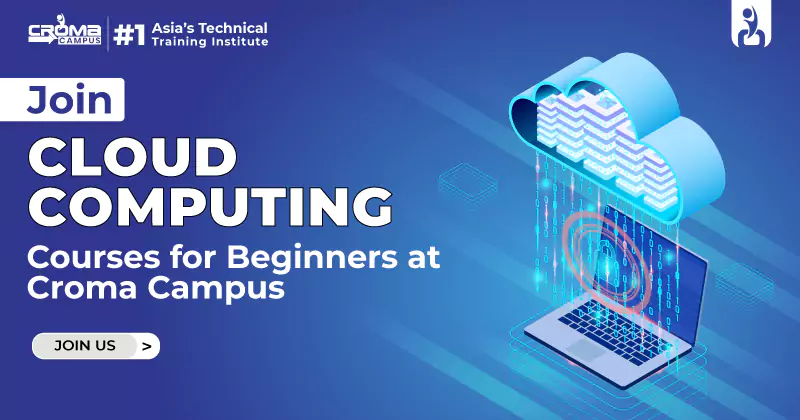
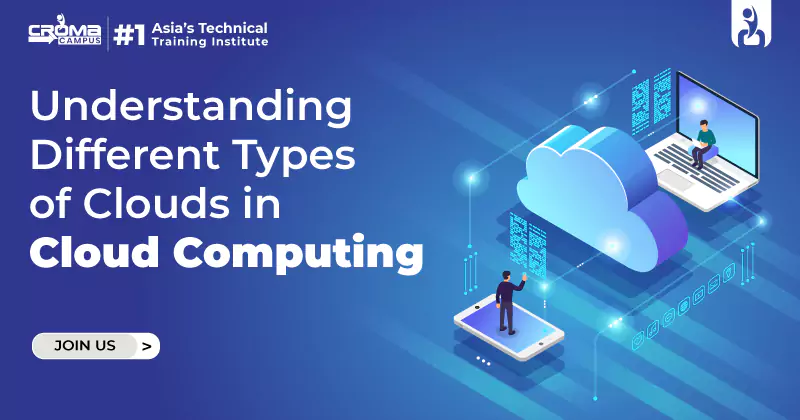
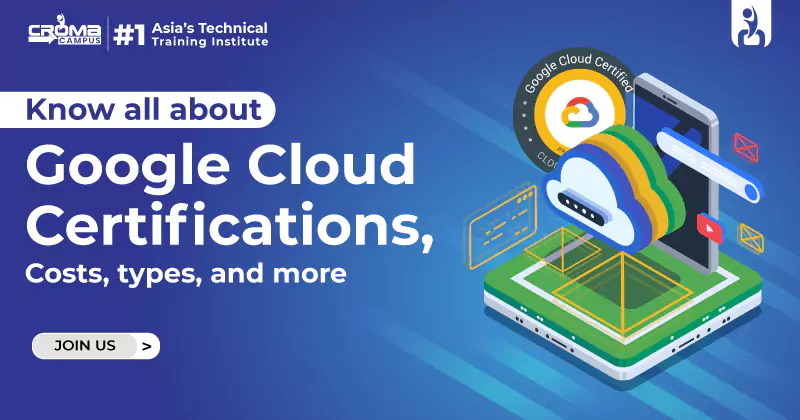













.webp)

.png)















